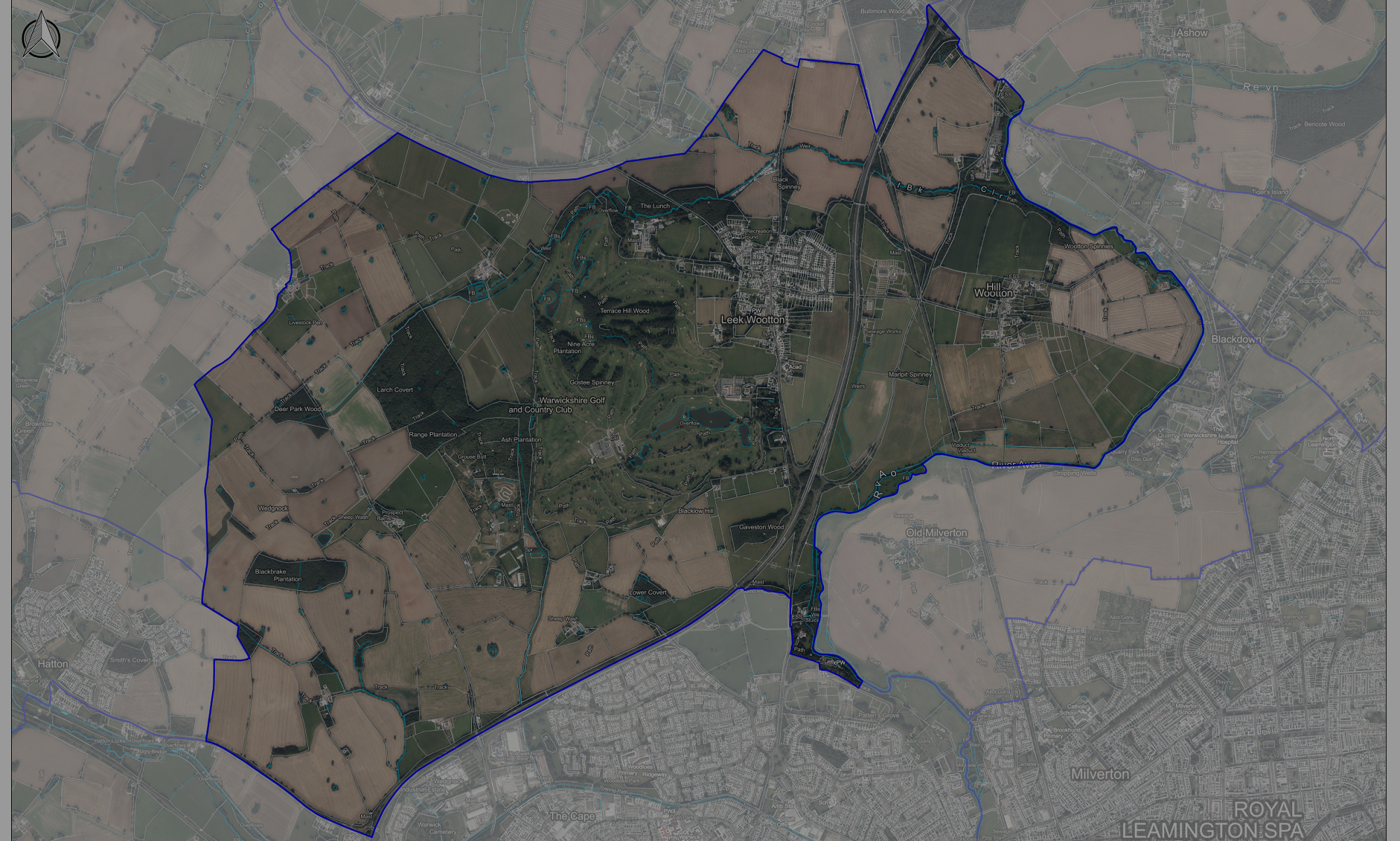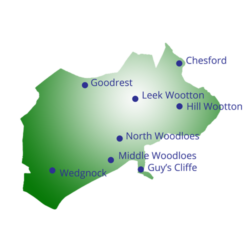As the Link goes to press this month, the UK is expecting its first heatwave of the year. In the UK, a heatwave is declared when the daily temperature of a location meets or exceeds the heatwave temperature threshold for at least three days. There are four heatwave thresholds in the UK reflecting the differences in climate. The lowest, covering places like Wales and Scotland, is 25°c, and the highest, covering London and parts of the East Midlands, is 28°c. The UK experienced a brief but unprecedented extreme heatwave in July 2022, when temperatures in parts of England exceeded 40℃ for the first time.
Although many people enjoy warmer, summer weather, anyone can become unwell if they get too hot. People can become unwell through overheating, dehydration, heat exhaustion and heatstroke. Hot weather can also place strains on water and energy networks, road and rail transport, and health and fire services. This can result in power cuts, restriction or loss of water supplies, and disruption to transport.
WHO IS MOST AT RISK?
Hot weather can affect anyone, but some people face a higher risk of being impacted by heat. Some of the groups who may be most at risk are:
- Older adults
- Babies and young children
- Pregnant women
- People with underlying health conditions (particularly heart and breathing problems)
- People who are physically active and spend a lot of time outdoors (e.g., runners, cyclists, manual labourers)
- People experiencing homelessness
Those who are likely to be at greater risk should take extra care to protect themselves before periods of hot weather. If you know anyone who might be at greater risk you can ensure that they are aware of the actions they need to take to keep themselves safe, and offer practical help if appropriate (e.g. helping them to stock up on water or medication).
ACTIONS YOU CAN TAKE DURING A SPELL OF HOT WEATHER
Drink plenty of fluids. If you are going out, take a refillable bottle filled with water.
Keep out of the sun as much as possible at the hottest time of the day (between 11:00am and 3:00pm).
Apply sunscreen generously and re-apply frequently, especially after activities that remove it, such as swimming or towelling. The NHS website has advice on applying sunscreen correctly (www.nhs.uk/live-well/seasonal-health/sunscreen-and-sun-safety).
Schedule physical activities (e.g., exercise, walking the dog) for times of the day when it is cooler, such as the morning or evening.
Keep your home cool by shading and closing windows and curtains, especially in rooms that face the sun, and opening windows when the air feels cooler (e.g., at night).
During hot weather, it may be cooler outside (in the shade) or in a public building (such as places of worship, local libraries, or supermarkets): visiting these places may be an alternative way of cooling down if you are able to safely travel there without putting yourself at risk from the heat.
Small, closed spaces such as stationary cars can get dangerously hot very quickly. Make sure that babies, children, older adults and pets are not left alone in stationary cars or other closed spaces. Take extra water for journeys on public transport or by car.
Read about the symptoms of heat exhaustion and heatstroke (www.nhs.uk/conditions/heat-exhaustion-heatstroke) and understand the actions to take if you or someone else has them. Heat exhaustion does not usually need emergency medical help if you can cool down within 30 minutes. If it turns into heatstroke, it needs to be treated as an emergency.
Ensure that family, friends and neighbours who may be at higher risk of becoming unwell are aware of, and following, actions to keep themselves safe.
If you are worried about your own or someone else’s health, contact your local pharmacist, your GP or NHS 111, for offer advice and support.
Remember, too, that heatwaves can cause drought, leading to concerns about water supplies. You can help conserve water by doing the following:
- Turn off taps, as this can waste up to 6 litres of water per minute
- Consider having a shower instead of a bath
- Try not to wash your car, or use a bucket rather than a hosepipe
- Don’t pour water down the drain if there’s another use for it, such as watering plants
- In the garden, use a watering can instead of a hosepipe
- Only use your washing machine and dishwasher if you have a full load and use the eco mode if available, which uses less water and saves energy
- Install a water saving device in your toilet cistern
Check your local news and the Severn Trent website regularly for information on water availability in the area and water management actions in force, including actions you can take to help.
Community Resilience Newsletter, Leek Wootton Link, Jul/Aug 2025


